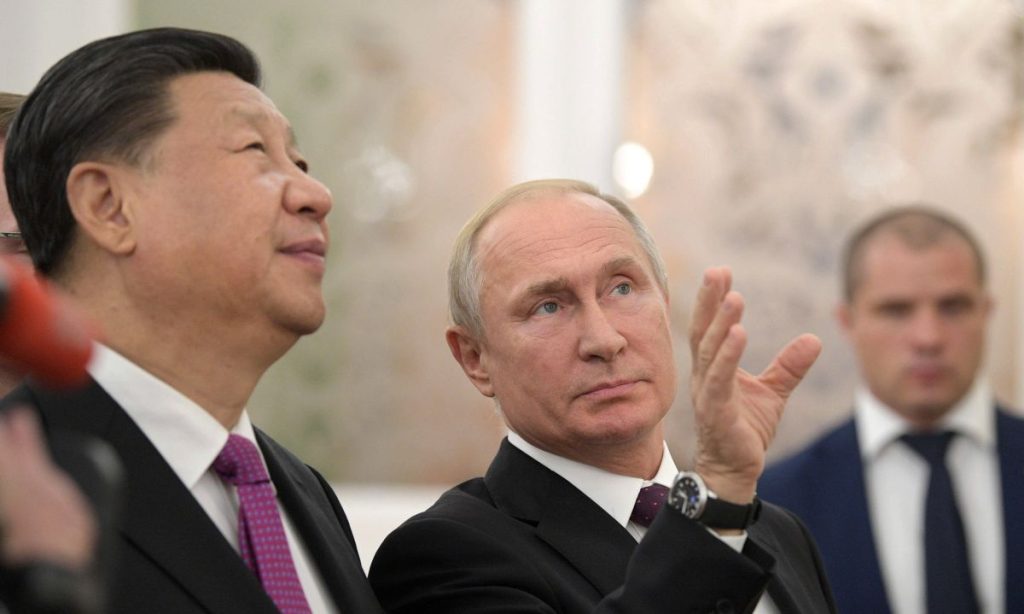China and Russia Showcase Strategic Ties Amid Global Geopolitical Realignment
Others are reading now
Chinese President Xi Jinping has arrived in Moscow to hold bilateral talks with Russian President Vladimir Putin and to attend Thursday’s Victory Day parade commemorating the 80th anniversary of the defeat of Nazi Germany.
The visit marks another high-profile moment in the growing Sino-Russian partnership, which both leaders insist is rooted in mutual benefit rather than confrontation with the West.
A Warm Welcome and Strategic Messaging
As reported by Digi24, the two leaders greeted each other warmly at the Kremlin before sitting down for discussions alongside top officials and heads of major state-run companies.
Putin emphasized that the Russia–China relationship is built on “equality” and “shared interests,” and stressed that the partnership is “not directed against any third countries.”
Also read
Xi’s presence at the Victory Day parade underscores not only historical alignment but also modern strategic cooperation.
The Chinese president’s visit, framed as a gesture of solidarity, is expected to reinforce existing economic, energy, and security ties at a time when both nations face heightened tensions with the United States and its allies.
A Carefully Timed Diplomatic Display
Xi’s visit comes amid increased global scrutiny of both Moscow and Beijing. While Russia remains embroiled in conflict in Ukraine, China continues to navigate a tense trade standoff with Washington. Yet, the two leaders have consistently positioned their alliance as a stabilizing counterweight to what they perceive as U.S.-led hegemony.
The Kremlin has characterized the relationship as one of “strategic coordination,” while Beijing frames it as a partnership committed to defending sovereignty, multilateralism, and a rebalanced global order.
As Xi joins Putin on the reviewing stand at the Red Square parade—a highly symbolic event steeped in wartime remembrance—both leaders are also sending a message: their cooperation, built on shared political and economic priorities, is here to stay.


